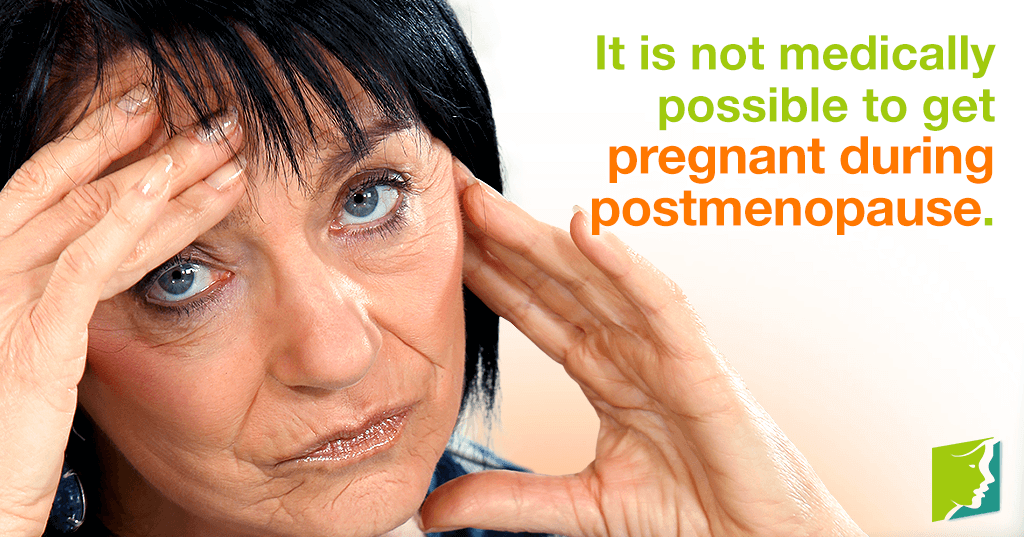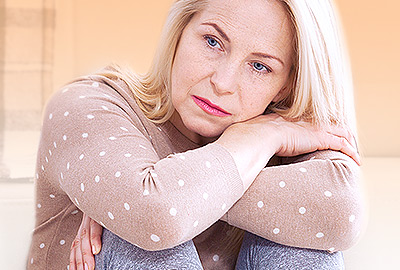The moment a girl starts her menstrual cycle and makes the transition into womanhood, she is capable of becoming pregnant. This stage of life can be classified as premenopause and will last until the onset of menopause, or perimenopause. While many women find themselves still worrying about the possibility of getting pregnant during postmenopause, rest assured it is not medically possible. It is not possible to become pregnant after the menopause transition.
Pregnancy during Premenopause
A woman will never be more fertile than she is during premenopause. Ovulation and sexual desire are a match made in reproductive heaven. During the premenopause stage of life, a girl grows into a woman and hormones shape her body. With premenopause changes come many different symptoms, such as the possibility of migraines, acne, and mood swings.
While some women may experience infertility or sterility, a regular menstrual cycle most often indicates a woman should have no problem getting pregnant.
Pregnancy during Perimenopause
The onset of perimenopause can be indicated by a change in the menstrual cycle, such as irregular or scarce periods. The production of essential sex hormones slows down, and a woman's body changes in the way it used to function before. While perimenopause may lead many to believe they are no longer capable of becoming pregnant, this could not be further from the truth. As long as the body is ovulating, there is a possibility a woman can become pregnant. During postmenopause, when eggs are no longer released for fertilization, it will be impossible for a woman to get pregnant without the help of artificial insemination and implantation.
Sex after Menopause
Some postmenopausal women are wistful about the fact that they are no longer able to conceive a baby. Even if another child is not in the cards, menopause marks the end of reproductive life and the end of an era.
However, many women find that menopause comes as a relief, as there is no longer any need to worry about hormonal contraception, unplanned pregnancies, or untimely periods. However, even though you can't get pregnant after menopause, you could still contract a sexually transmitted disease (STD), so it is important to remember to practice safe sex by using a barrier method such as a condom or female condom.
Other postmenopausal symptoms, such as vaginal dryness, can also affect your sex life, so it is important to be aware of the condition in order to be able to treat the symptoms and avoid complications.
Sources
- Sex after the menopause. (n.d.). Retrieved September 7, 2015.
- http://www.nhs.uk/Livewell/women4060/Pages/sex-after-the-menopause.aspx
- What is Perimenopause, Menopause, and Postmenopause? (n.d.). Retrieved September 7, 2015.
- http://my.clevelandclinic.org/health/diseases_conditions/hic-what-is-perimenopause-menopause-postmenopause



